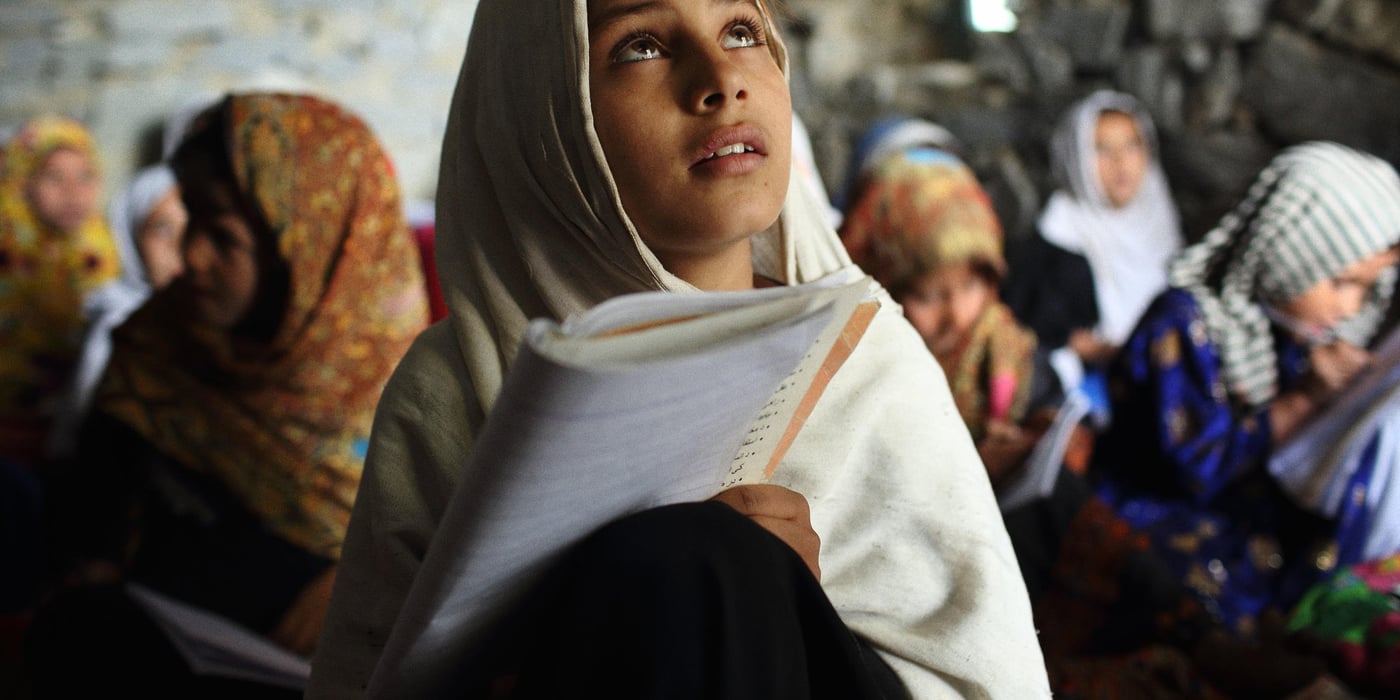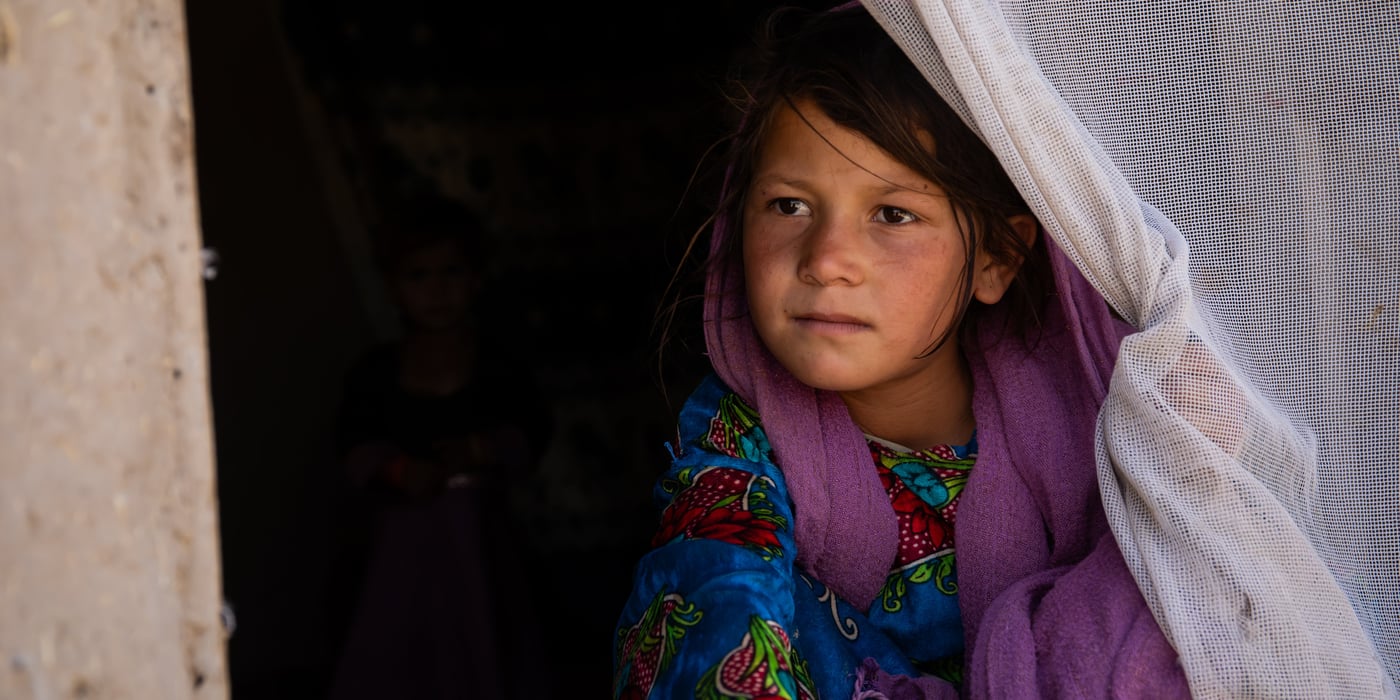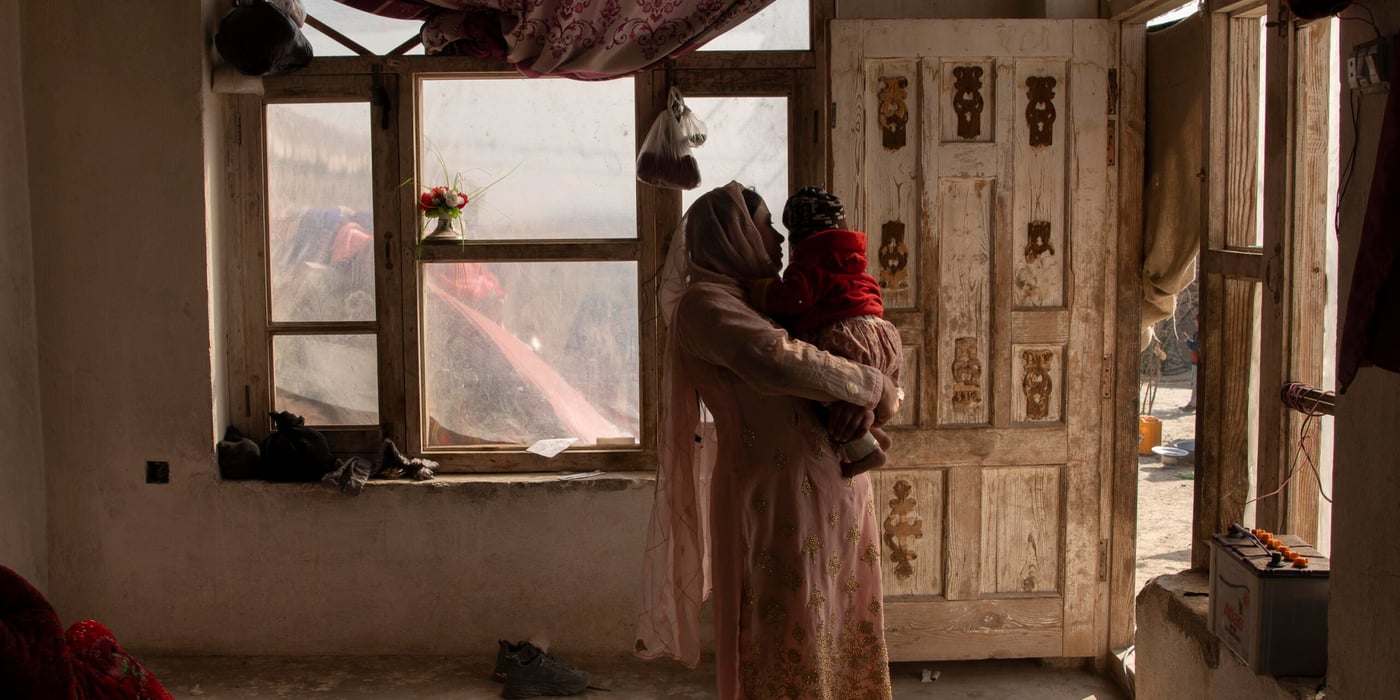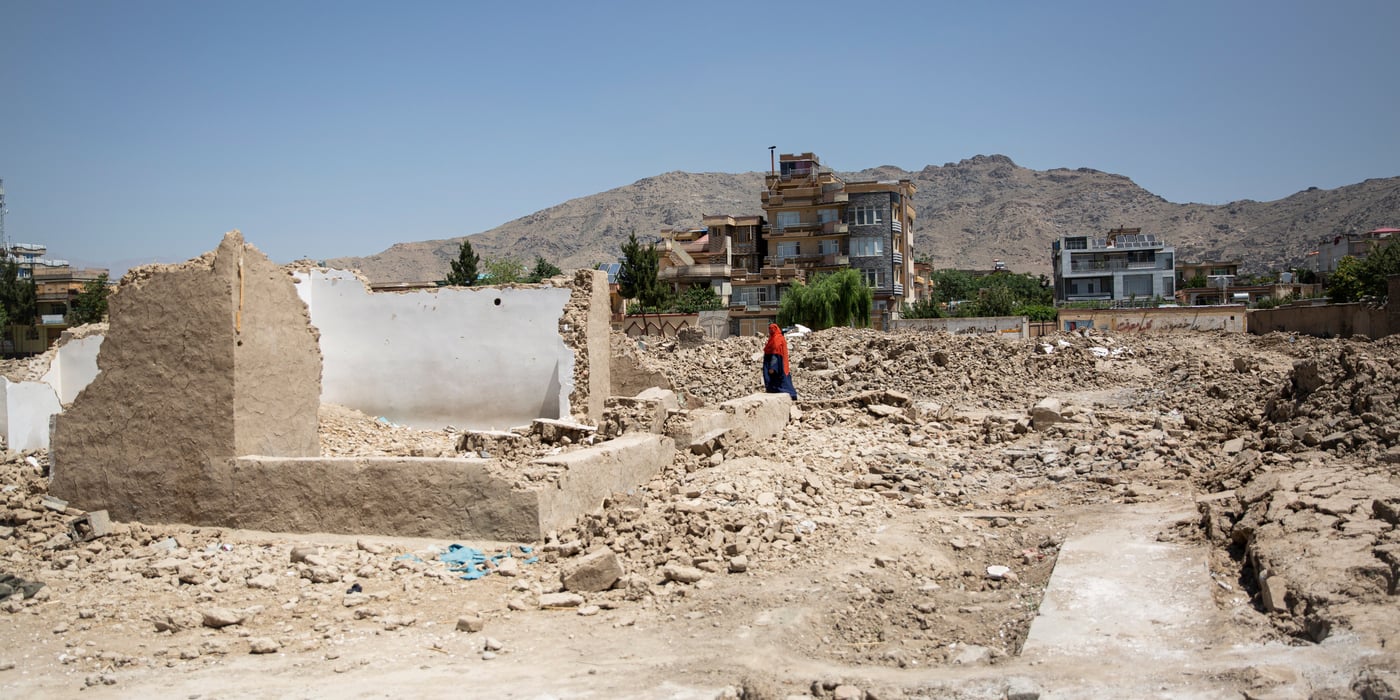
Since April, at least ten schools have been damaged and occupied by military forces in Afghanistan’s Faryab province. Nine of which were occupied by Afghan National Security Forces (ANSF) and one by armed opposition groups.
One of the schools affected, was supported by NRC who provide additional classes to students outside of the school as part of an accelerated learning programme and had 1199 students attending classes with 18 female teachers before the occupation.
“All of these children have had their right to education brutally taken away. We risk losing a whole generation if parties to the conflict, especially the Afghan government as a signatory to the 2015 Oslo Safe Schools Declaration, do not ensure that schools are no longer used for military purposes. All parties must respect the safety and protection of education and the neutrality and independence of humanitarian organisations supporting education in Afghanistan,” said William Carter, NRC's Head of Programme in Afghanistan.
Although most of the ten schools have reopened since they were occupied, children and youth are not turning up to classes due to the unstable security situation. “Whilst the ANSF left the school in October it has remained closed for over a month, as the building has been badly damaged and the security situation in the area remains tense. The families of students are too frightened to send their children back to school,” Amir Khan, NRC’s field office coordinator in Faryab said.
As highlighted in the recent ‘Attack on Education in Afghanistan’ report by the Global Coalition to Protect Education from Attack, a total of 3.7 million school aged children - of these 2.2 million girls - are out of school across Afghanistan. According to the United Nations Assistance Mission in Afghanistan, 653 children have been killed and a further 1,483 injured due to the ongoing conflict so far this year.
This week governments are meeting in Geneva during the Geneva Conference on Afghanistan to discuss the political and developmental progress in the country.
“Many partners present at the conference seem to be talking the situation in Afghanistan up by presenting a positive narrative about the country’s progress. However, for our staff working on the ground this portrayal is quite far removed from the reality where Afghan women, men and children continue to be attacked, displaced and refused their rights, said Carter from Geneva where he is attending the conference.
“The international community must work with the Afghan government to ensure that the Guidelines for protecting schools and universities from military use during armed conflict are fully understood and implemented. In the meantime, the international community should ensure that sufficient resources are available to provide alternative education so that children prevented from attending school due to military occupation and fear of the ongoing conflict are not left behind”.




